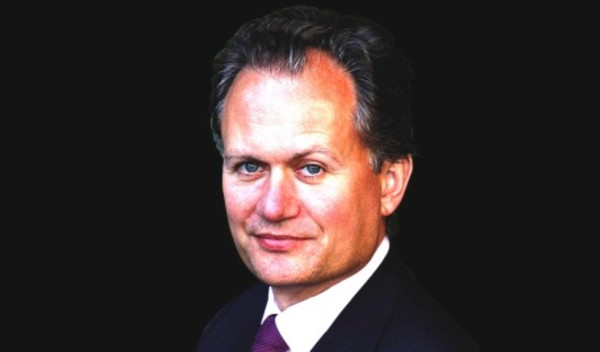

This comes weeks after the Financial Conduct Authority’s asset management report, which claimed there is “limited” price competition in the active industry, pointing out active fees have largely remained stable while passive fees have fallen.
Talking about the push to get prices lower, Richard Buxton, who also runs Old Mutual’s £2.1bn UK Alpha fund, said he was worried the regulator was “choosing to attack” the active management industry by insisting on reduced fees.
He said he thought the Financial Conduct Authority was trying to encourage investors towards passive investments.
“The regulator has a very price-conscious mindset and they highlight that lots of advisers tend not to promote passives.”
He said he personally thought the financial regulator was “pro-passive”, pointing to the report which estimated investors can earn 44 per cent more on a passive investment over 20 years than in a typical active fund once costs have been taken into account.
But Mr Buxton said these estimates assumed active funds have a 100 per cent annual turnover, while passive funds have a 10 per cent annual turnover.
A high turnover can lead to additional charges which are sometimes embedded in the ongoing fees.
Mr Buxton said his active funds tend to have a yearly turnover between 10 to 25 per cent, adding: “[The FCA figures] are not really comparing apples with apples.”
The head Old Mutual Global Investors said there was “always scope” to hinder the active management industry through “unintended consequences” of regulations.
“But as an investor, it doesn’t really matter one iota if more of the market is passive, because it just provides more opportunity for the active managers to go against [the market trends].
“You have got to go through an extended period when the trend is not your friend.”
Mr Buxton also claimed there is less fee pressure than investors might think because clients either invest in passives with low fees, or they don’t mind paying higher fees for alpha funds.
However, he said there were parts of the industry which are charging high alpha fees for index-tracking funds, adding it was “quite right” that the Financial Conduct Authority should “call it out”.
A spokesman from the Financial Conduct Authority declined to comment.
The regulator has proposed introducing a “package of remedies” to make competition work better.
These include reforms to ensure asset managers are held to account, introducing an all-in fee to make it easy for investors to see what is being taken from the fund, and measures to help retail investors identify the most appropriate fund.
Alan Soloman, IFA and director of Alpha Investments & Financial Planning, said he thought the FCA's reasons for reform were "valid", adding: "Hopefully this report will make things start to happen.
"I'm not a fan of tracker funds, but managed funds in the UK are much more expensive than managed funds in other countries."
He said the vast majority of active managers are "not worth the money they are paid" because they don't outperform the tracker funds.
"I think something needs to be done to regulate the quality of fund management, where some funds are filtered out and not allowed to be sold if they are not up to a certain standard."
katherine.denham@ft.com



